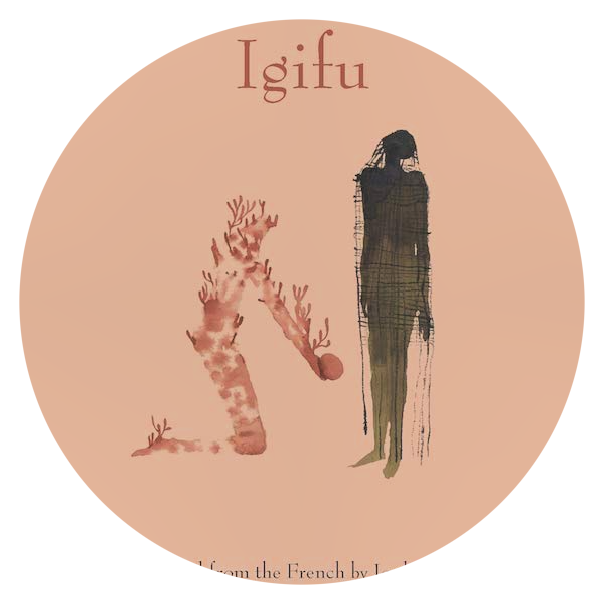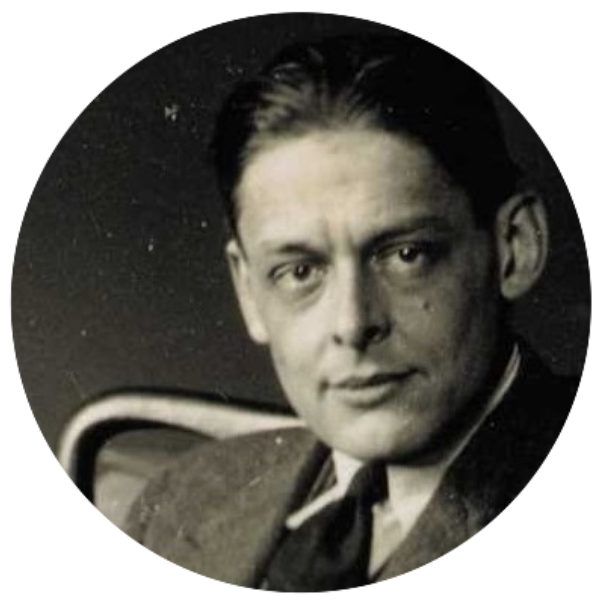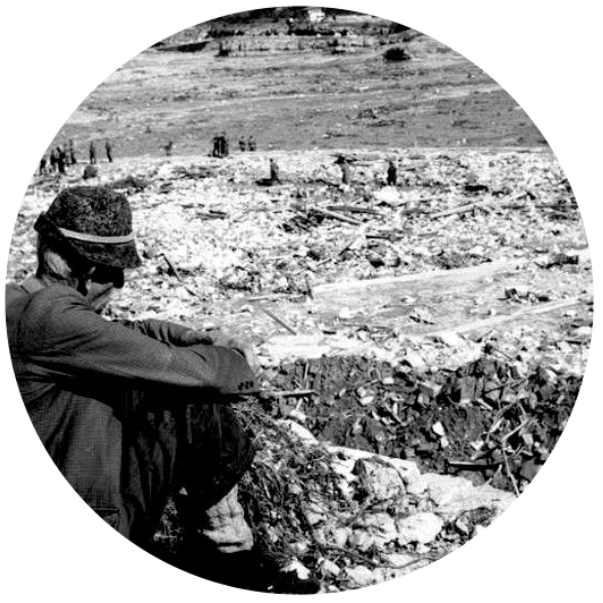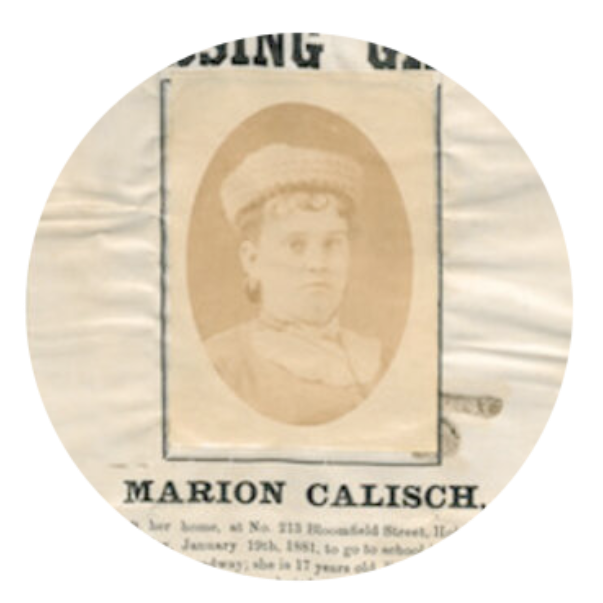Martha’s short fiction and personal and literary essays have been published in leading literary magazines and reviews, including A Public Space, AGNI, the Los Angeles Review of Books, The Common, Consequence, The Southampton Review, and numerous others.
Our Day in Peredelkino
The Common | April 26, 2021
“One afternoon, resting after a long walk, I looked up the word perekhod. Among its synonyms were crossing, escape, and transition. Perhaps, I thought, the dim underground passageways were a no-man’s-land, subject to no rules, belonging to no one. Then it struck me that neither the brown-hued flat in which I was currently lodged nor the familiar one I’d left in the States was my home, and I was tunneling—crossing, transiting, escaping?—who knew where.“
The Excruciating Decision to
End a Cat’s Life
Literary Hub | April 21, 2021
“As her life nears its end, words I’ve never used when talking to Zora come to mind now. Two words in particular: sovereign and splendid. Despite having lived in a place not of her choosing, Zora rules a kingdom all her own. And she gleams—shines—with authenticity. She’s incapable of compromise in that department. I aspire to her self-possession, never marbled by the fat of ego or menaced by the threat of humiliation.“
On the Uses of Boredom: Philosophical, Scientific, Literary
Literary Hub | January 13, 2021
“Forced since the spring of 2020 to surrender to a physically circumscribed existence, many of us now stay home much of the time, riveted by our phones/computers and hooked on an endless experience of now-ness.“
Taking the Waters
The Common | January 5, 2021
Writing Toward the Inescapable: On Scholastique Mukasonga’s “Igifu”
Los Angeles Review of Books | December 29, 2020
Funny
AGNI | February 28, 2020
Spoiler Alert: Reading Ferrante’s New Novel in Italian
Los Angeles Review of Books | February 1, 2020
“Because no language works the way we wish it would. Because all speech is silence translated inadequately, even if apparently rendered very well. Because where words are concerned, we often have compunctions.”
My Novel Centered on the Eliot-Hale Letters. Now, We Can Read Them
Literary Hub | January 14, 2020
“Between the work and the life of a literary artist lies an inscrutable territory of the heart; neither the writer nor the reader can hope to map it.”
Capturing Natural Coincidences, in Fiction and Life
Literary Hub | October 21, 2019
“Too often in fiction, coincidences feel rigged or purposeless. Yet our lives are studded with them. How then to write convincingly of their appearance and effects?”
The Mixed Meanings of Missing Girls
Los Angeles Review of Books | December 2, 2018
Geometry
The Common | November 1, 2011
“Hadn’t there been a moment when, as a girl, she’d sensed something like an impending assault? The drama of adulthood would shortly commence. She’d have to learn roles and speeches; she’d perform badly. There’d be crises, failures, retrenchments. Amidst the mounting disorder, how would she know what to desire, or whom, or even why?”
Mercedes Benz
A Public Space | September 5th, 2017












